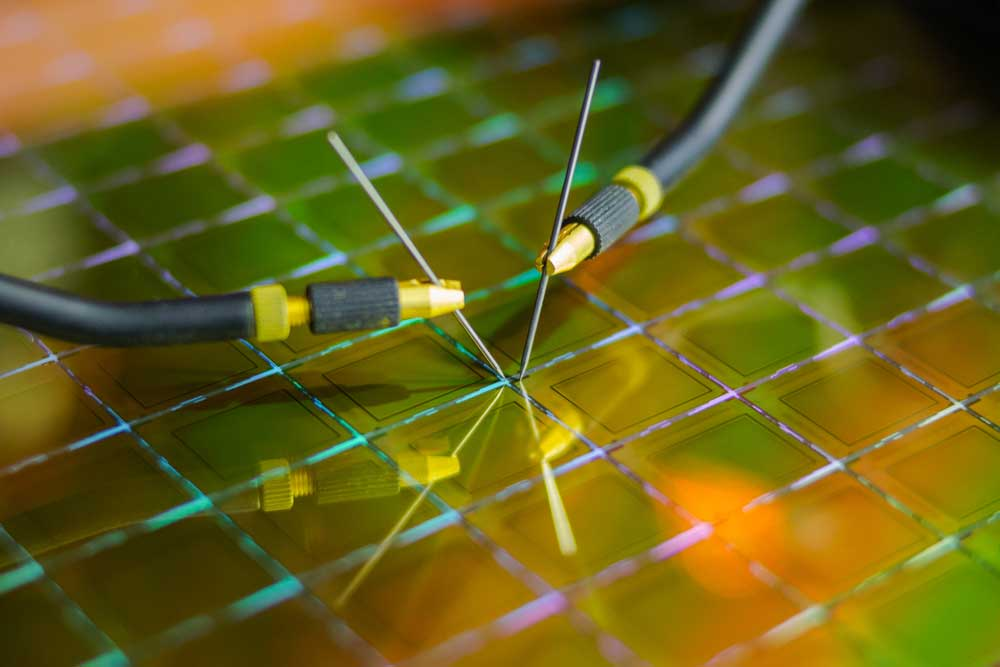

Happy New Year’s Day. Sanxis Tech wishes you have a good day.
Today, we delve into the three core manufacturing technologies of IC substrates, which are crucial for achieving high-performance electronic devices:
1. Subtractive Process (SP): This is the most common method for manufacturing IC carrier PCB. It begins with applying a copper layer on a copper-clad laminate, followed by using a dry film coating to protect the circuits and through-holes. Finally, the unwanted copper foil is removed through an etching process to form the required circuit pattern.
2. Additive Process (AP): This method applies an insulating substrate to the exposed circuits, which contains a photosensitive catalyst. Then, a chemical copper compound is selectively deposited on the board to form electrical connections.
3. Modified Semi Additive Process (MSAP): This method starts by electroplating a thin copper layer on the main laminate. Next, a protective layer is applied to areas where plating is not possible or necessary. Following this, the circuit is built through plating and applying anti-corrosion chemicals, and finally, excess copper is removed by a flash etching process to refine the substrate.
These manufacturing technologies ensure the precision and reliability of IC substrates, meeting the demands of modern electronic devices for high performance and miniaturization.